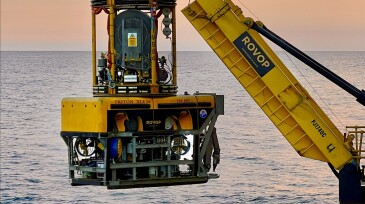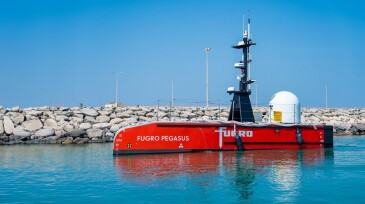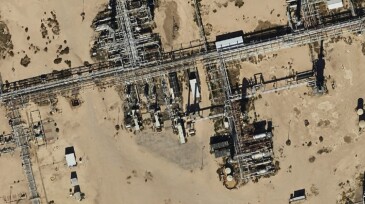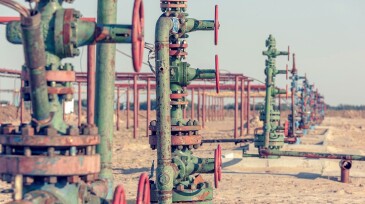Data & Analytics
The cloud platform provider said the initiative is designed to help energy companies manage and analyze large-scale operational data.
Major increases in hydrocarbon production require both incremental and revolutionary technologies, industry leaders said during the SPE Hydraulic Fracturing Technology Conference.
This guest editorial explores the rise of agentic AI and its potential effect on oil and gas professionals.
-
Understanding the subsurface is crucial to the success of carbon capture and storage, and digital solutions are essential for an accurate analysis of the subsurface being considered.
-
Health, safety, and environment operations can be greatly enhanced by using artificial intelligence (AI) techniques on HSE data. One important aspect inherent in this process is the need to establish trust in the AI system among the users.
-
The 5-year contract with global ROV equipment and services provider ROVOP supports Energean’s field development within the wider Katlan area adjacent to Israel’s Karish gas field.
-
The site survey and inspection of an offshore gas platform in UAE waters was executed entirely from an onshore remote operations center without sending personnel offshore.
-
With a rapid transition toward renewable energy, the energy sector has an increased reliance on technology. This makes it particularly vulnerable with regard to cybersecurity.
-
Registration is open for the SPE Europe Energy GeoHackathon, which will be held in October and November. It will be preceded by 4-week online bootcamp sessions on data science and geothermal energy, which will begin on 2 October.
-
Decades of experience injecting fluids into the ground has revealed a fundamental truth: No two injection sites are the same. A thorough understanding of site-specific conditions is essential to ensure safe and secure long-term subsurface disposal of carbon dioxide.
-
Advanced aerial imagery—be it collected from drone, satellite, or fixed-wing aircraft—is one of the best options available for securing the critical information needed to run things smoother in the oil field.
-
A Houston startup that is developing a technology to detect methane leaks has moved on to Phase 2 of Chevron's business accelerator.
-
The company said its expanded XIO series of remote controllers provides real-time monitoring and control, improved data accessibility, and enhanced data integrity.













